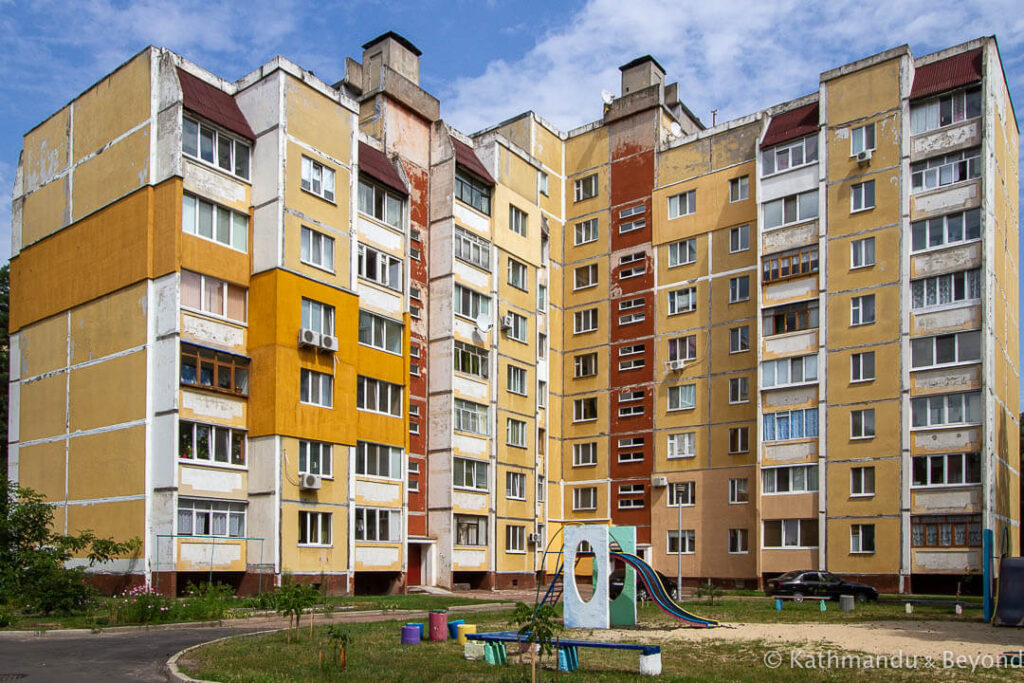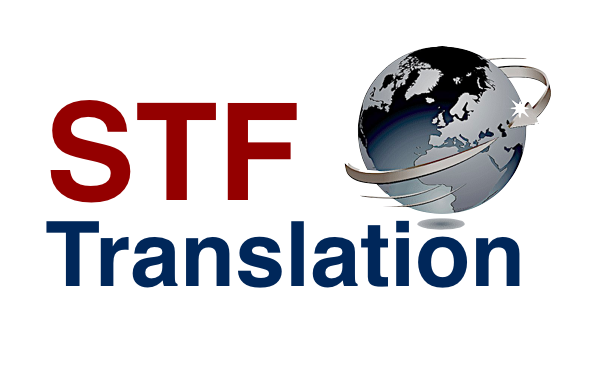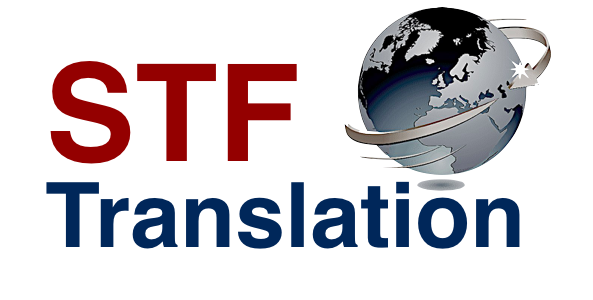
The Law “On Amendments to Certain Laws of Ukraine Concerning the Elimination of Disagreements and Modernization of the Sale of Property in Mortgage and Enforcement Proceedings” came into force. It is published on the Act’s page of the website of the Verkhovna Rada.
The law eliminates differences and modernizes the sale of property in mortgages and introduce the enforcement proceedings.
The Act improves the existing system of the seized property sale together with the system of notarizing the sales and ensuring the indisputability of the mortgagee’s rights when meeting their claims.
The seized property is sold through electronic auctions or at a fixed price. The realization at a fixed price is applied to property, the estimated value of which does not exceed 30 minimum wages.
The realization at a fixed price is not applicable to real estate, vehicles, aircraft, sea and river vessels, regardless of the value of such property.
The procedure for conducting electronic auctions will be determined by the Ministry of Justice.
Immovable property, which is not sold at an electronic auction, is put up for a repeated electronic auction at a price of 85 percent, and movable property at 75 percent of its value, determined according to the procedure, established by Article 57 of the Law on Enforcement Proceedings.
In case of repeated non-sale of property, real estate is put up for the third electronic auction at a price of 70 percent, and movable property at 50 percent of its value.
Unrealized property, confiscated by a court decision, is put up for a repeated electronic auction at a price not less than the amount of national taxes and fees that, according to the Tax Code, are payable in transactions, involving the sale of such property.
If the recoverer provides their consent, the third electronic auction is carried out by selling property with the possibility of lowering the initial price, but not less than 60 percent of its value for real estate and 30 percent for movable property.
If the property is not sold at the third electronic auction, the executor informs the claimant about this and invites them to resolve the issue of retaining unrealized property, except for property confiscated by a court decision.
The property is transferred to the claimant at the price of the third electronic auction or at a fixed price. The executor issues a resolution on the transfer of property to the recoverer in repayment of the debt.
On the fact of such a transfer, the performer draws up an act. The decision and the act are the basis for further registration by the claimant of the ownership of such property.
Sources
Economic Truth
https://www.epravda.com.ua/rus/news/2021/09/7/677575/
Act’s page of the website of the Verkhovna Rada
https://zakon.rada.gov.ua/laws/show/1701-20#Text
Translated by STF Translation




